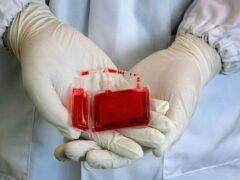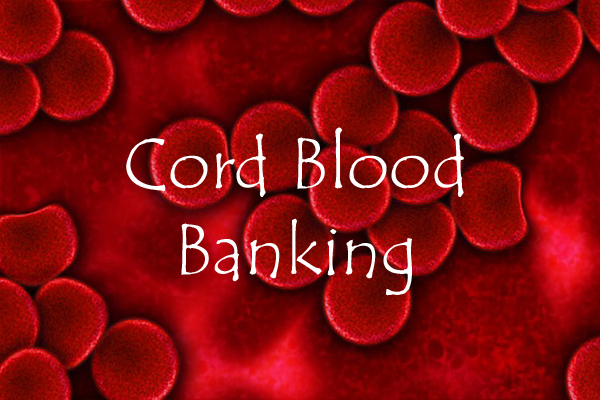
About Private Cord Blood Banking
In private cord blood banking, the parents choose to pay to have their baby’s cord blood collected at birth and to store it in a private bank. The cord blood is then stored at the bank for the express use of the family.
Benefits of Private Cord Blood Banking
The primary benefit of private cord blood banking is the availability of cord blood to family members. It is stored expressly for the family’s use, whereas cord blood stored in public banks is given to other patients in need of a transplant. An added benefit is that your baby’s cord blood is more likely to be a match for his or her siblings than that found in public cord blood banks. In order for any kind of transplant to be successful, the unique immune signal of the donor tissue must match that of the recipient. Although the criteria for a cord blood match are not as stringent
as that for organ transplants, siblings have a 39% chance of being compatible. Comparatively, 70% of patients in need of a cord blood transplant are denied this lifesaving option, as no matching cord blood units are available. Ethnic minorities have even less chance of finding a match. Additionally, a unit of cord blood from a public bank costs an average of $15,000.
Drawbacks to Private Cord Blood Banking
Many diseases requiring cord blood transplants are genetic, so there is a possibility that a cord blood transplant from a sibling will carry the same genetic traits that were responsible for the condition. In this case, the transplanted stem cells will eventually develop the same disease, meaning that the transplant would be ineffective. The likelihood of this potential pitfall varies greatly by disease. If you are aware of a pre-existing genetically linked condition that runs in
your family, consult your physician for guidance.
Cost of Private Cord Blood Banking
Private cord blood banks charge an initial collection and registry fee, and a subsequent storage fee annually. The collection fee varies, but averages at $2500, and the average storage fee is $100 annually.
How to Go About Private Cord Blood Banking
If you do decide that private cord blood banking is right for your family, talk to your physician about the decision, and shop around for potential services. It is imperative to ask questions about the collection and storage procedures, and also the expense. Your obstetrician will also be able to suggest potential services. Importantly, make this decision far in advance of your delivery date.











